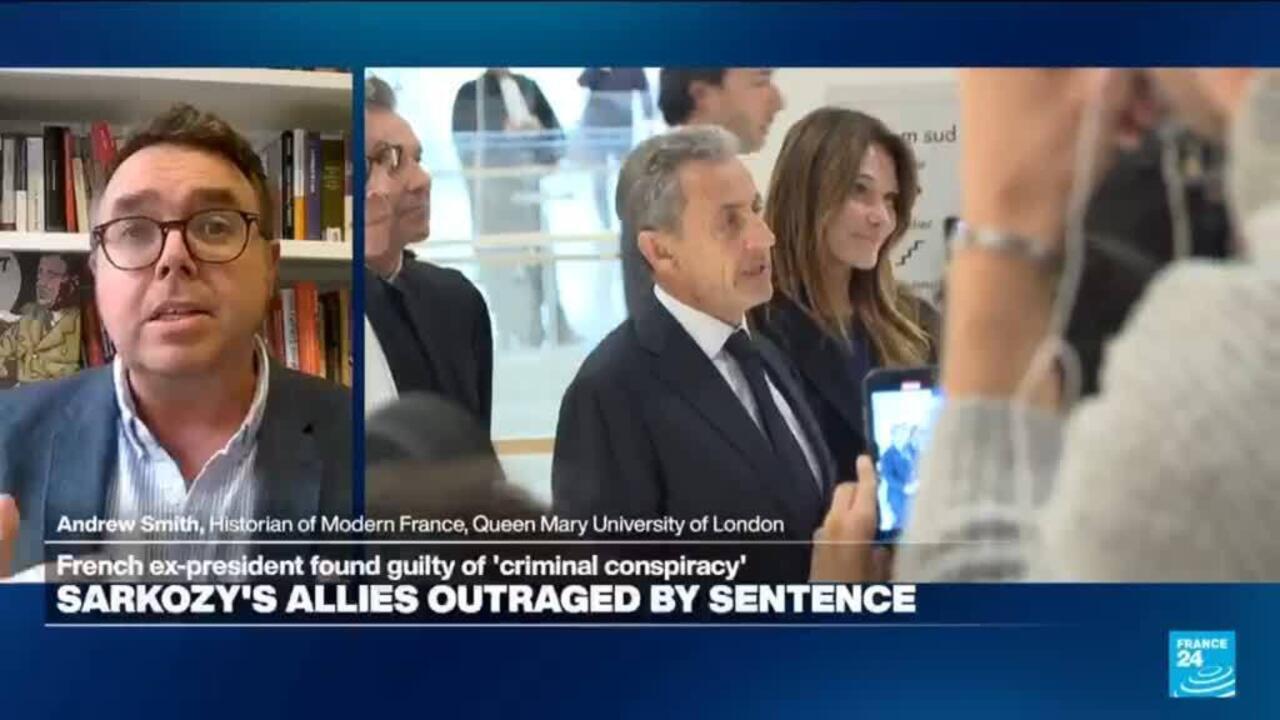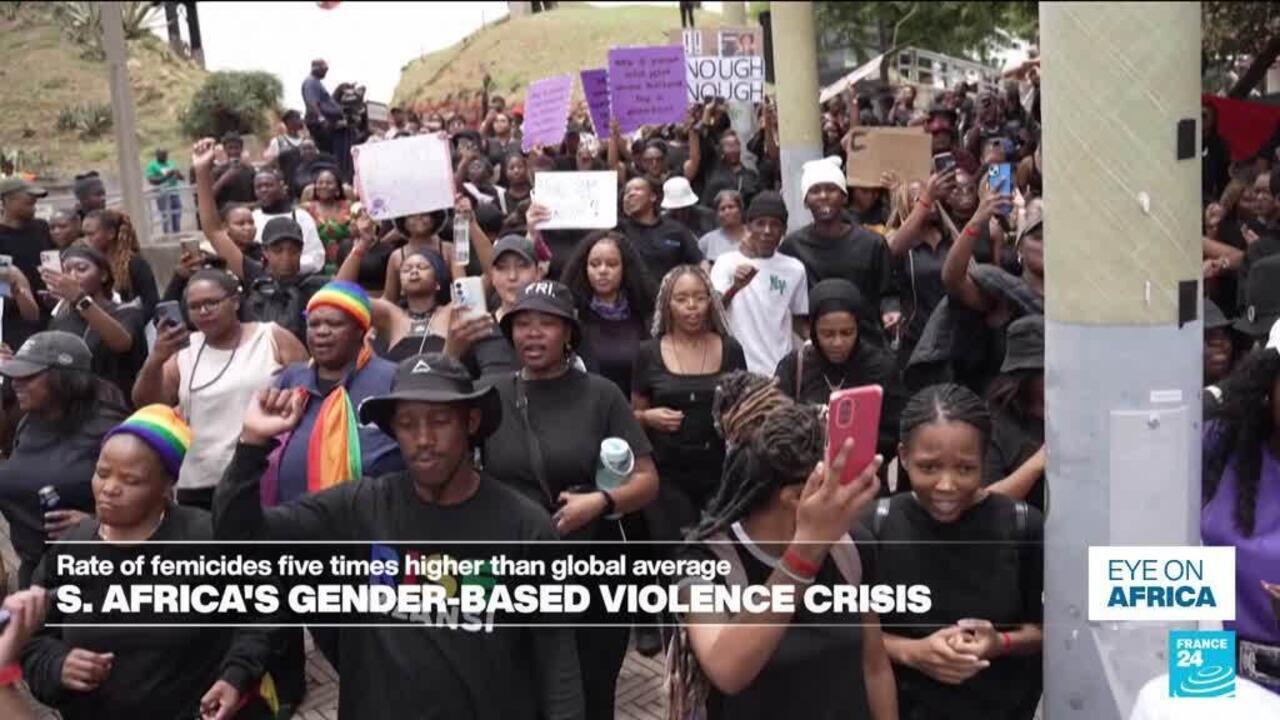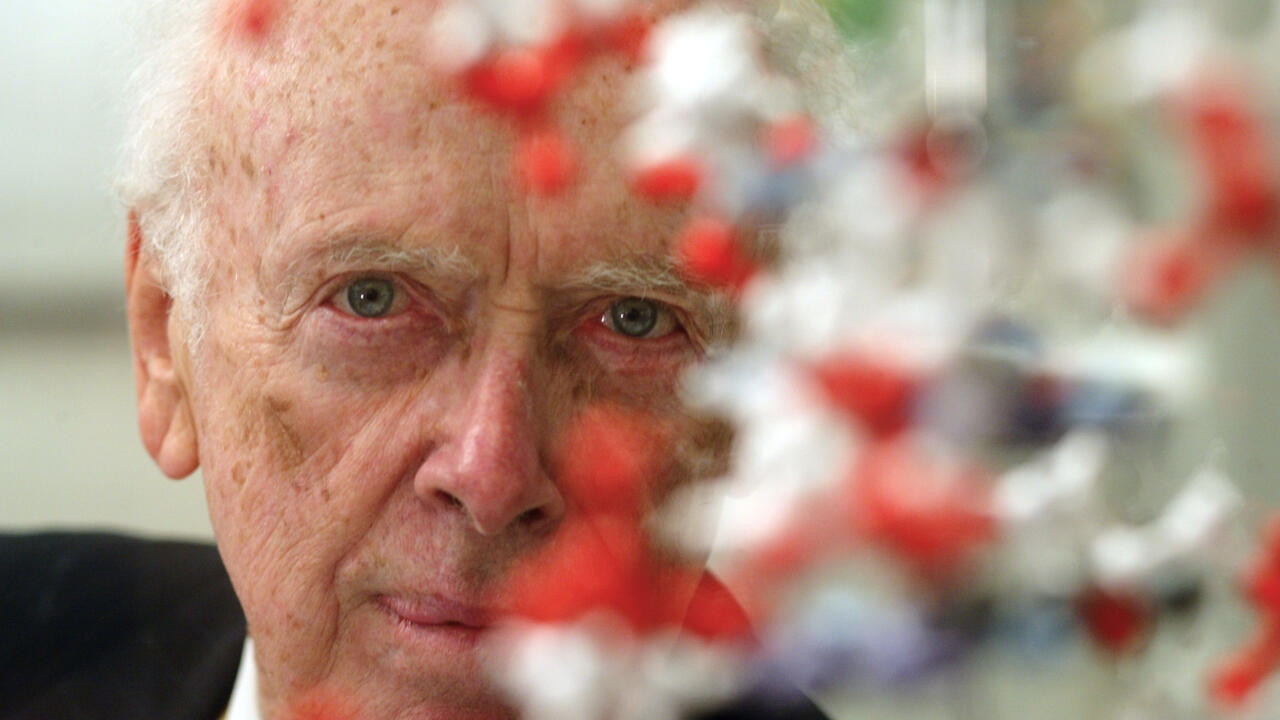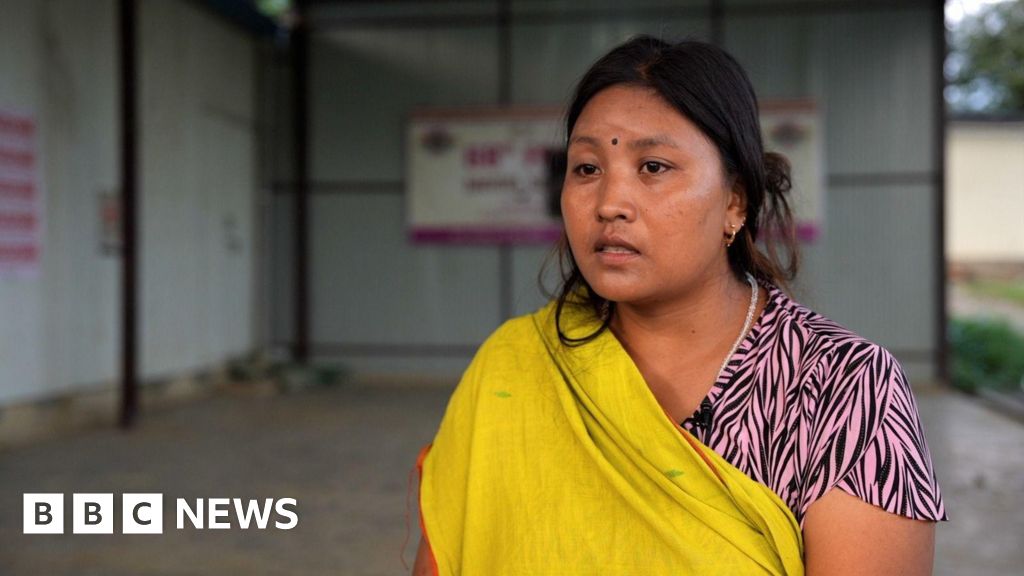France's former president Nicolas Sarkozy is to be jailed Tuesday over a scheme to acquire Libyan funding for his 2007 presidential run, becoming the first former head of an EU country to serve time behind bars.
Sarkozy, France's right-wing leader from 2007 to 2012, was convicted in late September of criminal conspiracy over a plan for late Libyan dictator Muammar Gaddafi to fund his electoral campaign.
The former state leader, who has appealed the verdict and denounced an "injustice", is to be incarcerated in the Parisian prison La Santé.
"If they absolutely want me to sleep in prison, I will sleep in prison – but with my head held high," he told the press after his September 25 verdict.
Justice in the corridors of power: What the Sarkozy verdict reveals about judicial independence
To display this content from YouTube, you must enable advertisement tracking and audience measurement.
One of your browser extensions seems to be blocking the video player from loading. To watch this content, you may need to disable it on this site.

10:38
The former president told La Tribune Dimanche Sunday that he had already packed his bags and feels calm ahead of the start of his sentence. He plans to spend his time in jail writing a book, the newspaper said.
Sarkozy met with French President Emmanuel Macron at the Élysée Palace on Friday, a source from the executive branch told AFP Monday. The meeting was first reported by French daily Le Figaro.
Sarkozy is to be the first French leader to be incarcerated since Philippe Pétain, the Nazi collaborationist head of state of France's Vichy regime, who was jailed after World War II.
He is likely to be held in one of the cells of nine square metres in the prison's solitary confinement wing, prison staff have told AFP.
This would avoid Sarkozy having to interact with other prisoners or them taking pictures of him with one of the many mobile phones that are smuggled inside, they said, requesting anonymity because they are not allowed to talk to the press.
'Exceptional gravity'
It is unclear how long Sarkozy will remain in jail.
Presiding judge Nathalie Gavarino said during Sarkozy's sentencing that the offences were of "exceptional gravity", and therefore ordered him to be incarcerated even if he filed an appeal.
But Sarkozy's lawyers are expected to request his release as soon as he sets foot inside the jail, and the appeals trial has two months to examine it.
In theory, the court can decide against letting the former president out of prison if, for example, it deems it the only way to prevent evidence tampering or witness intimidation.
If not, it could order his release under judicial supervision or home arrest with an ankle tag.
Until the court makes a decision, Sarkozy is expected to spend a considerable amount of time alone.
Under solitary confinement, prisoners are allowed out of their cells for one walk a day, alone, in a yard of several square metres.
Legal troubles
Sarkozy has faced a flurry of legal woes since losing re-election in 2012.
He has also been convicted in two separate trials. In one, he served a graft sentence for trying to extract favours from a judge with an electronic ankle tag, which was removed after several months in May.
In the so-called "Libyan case" that ended in a prison sentence, prosecutors argued that his aides, acting with his authority and in his name, struck a deal with Gaddafi in 2005 to illegally fund his victorious presidential election bid two years later.
Read moreFrom power to prison: The stunning downfall of France's former president Nicolas Sarkozy
Investigators believe that in return, Gaddafi was promised help to restore his international image after Tripoli was blamed by the West for bombing a plane in 1988 over Lockerbie, Scotland, and another over Niger in 1989, killing hundreds of passengers.
But the court's ruling did not follow the prosecutors' conclusion that Sarkozy received or used the funds for his campaign.
It acquitted him on separate charges of embezzling Libyan public funds, passive corruption and illicit financing of an electoral campaign.
'Come and show support'
Sarkozy was stripped of France's highest distinction, his Legion of Honour, following the graft conviction.
A recent survey of more than 1,000 adults conducted by pollster Elabe suggests that six out of ten people living in France believe the latest prison sentence to be "fair".
But Sarkozy still enjoys some popularity on the French right.
His son Louis Sarkozy, who writes for a far-right newspaper and is running for mayor in southern France, on Saturday called for people to "come and show support" for his father outside his home on Tuesday morning.
The presiding judge in the conspiracy trial received death threats after her verdict last month, prompting Macron to publicly call out such attacks as "unacceptable".
Other famous people held at La Santé over the years include Venezuelan militant Ilich Ramirez Sanchez, also known as Carlos the Jackal, who has since been moved.
More recently, French model agent Jean-Luc Brunel, a close associate of convicted US sex offender Jeffrey Epstein, was found dead in his cell at La Santé in 2022. He had been charged with the rape of minors.
(FRANCE 24 with AFP and Reuters)











 English (US) ·
English (US) ·